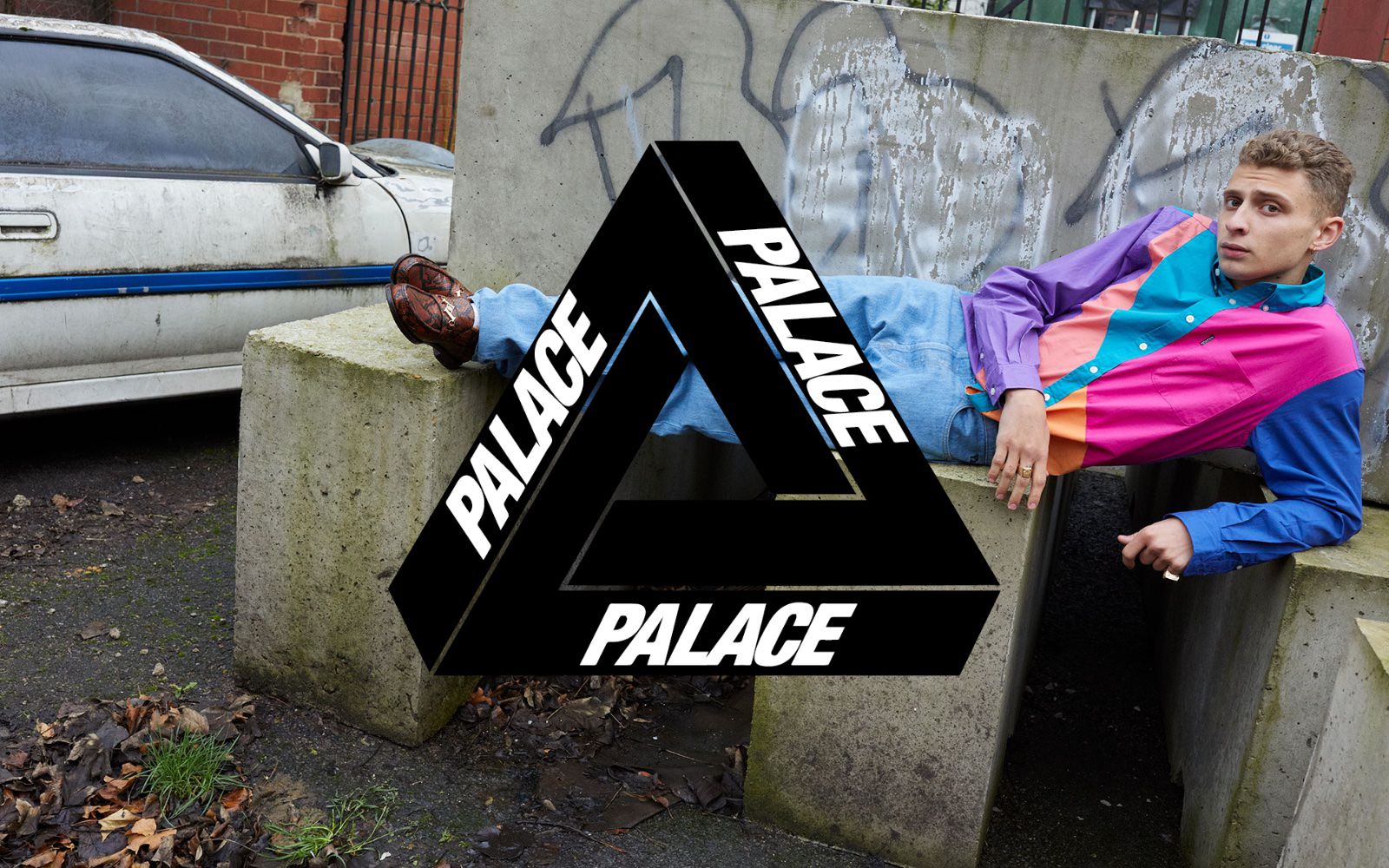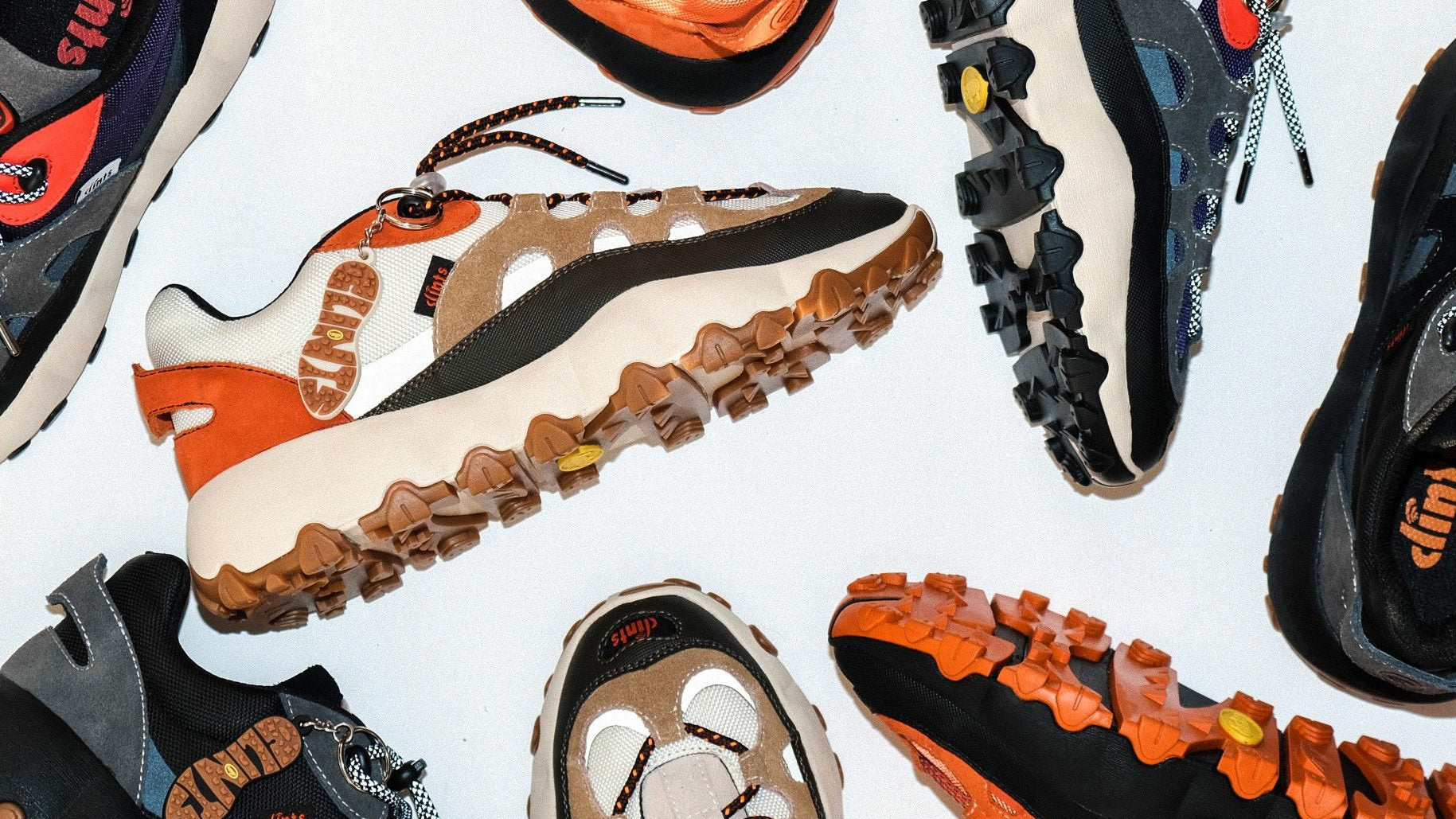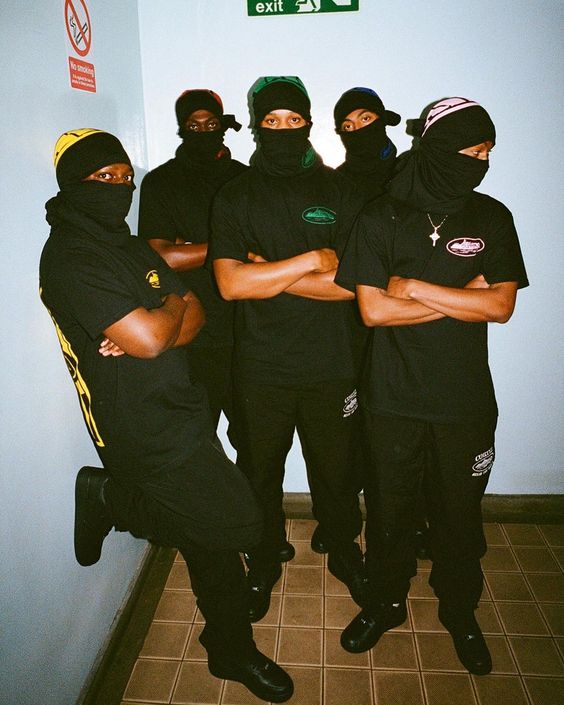
The History of Streetwear in the UK
We’ve spoken about who we are as a brand and listed a few of our favourite trainers, so we thought why not take a step back and focus on the roots of all of this with a bit of a history lesson of Streetwear within the UK. You have seen it on instagram, on your friends and you have probably seen It on the runway now too. Even celebrities love it, and more so Kanye, who thought of making his own brand. It is a fashion staple for many, but have you ever stopped to think where it all began?
Streetwear is mainly characterised by its casual and laid-back - yet fashionable look. You know, outfits that don't make you look like you are trying too hard but look cool. The multi-million industry is a product of countercultures with roots in graffiti, hip-hop, skate, and surf. Its history dates as far back as the 1980s and 1990s, subcultures that have since evolved to pop culture.
When people mention streetwear, trainers automatically come to mind. Streetwear spans out a little further than that. Something as simple as a T-shirt makes the cut into streetwear. Initially, the fashion phenomena was male-dominated and common with men under twenty-five. But as it has grown, transcending age borders gender or even race.

James Jebbia
Hiroshi Fujiwara
Supreme is a household name in the streetwear industry. Founded in 1994, Jebbia was born in the US but lived in the UK from one to nineteen. Before he founded Supreme he worked with Shawn Stussy and his Stussy brand in the 1980s. It was Jebbia's Supreme, however, that put London on the map in the production of streetwear. From Supreme London, other streetwear emerged following the same motif, such as Palace by Lev Tanju, based on Palace skateboards founded in 2009. Palace has done collaborations with major designer brands such as Adidas and Reebok-breathing fresh air to streetwear.
Streetwear is and has been fed from the street; street art, music, and audience needs. It has such a rich history and allows its wearers a chance to tap their self-expression without being bound by rules. It has for decades remained relevant and will probably continue to grow in popularity in coming years.





